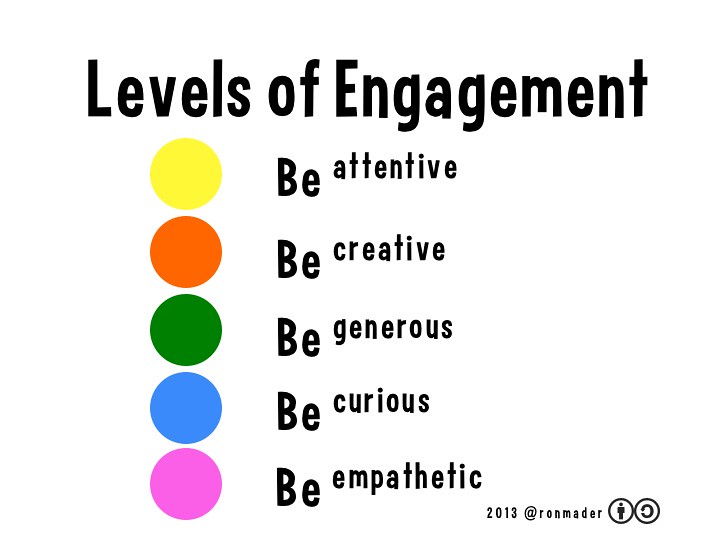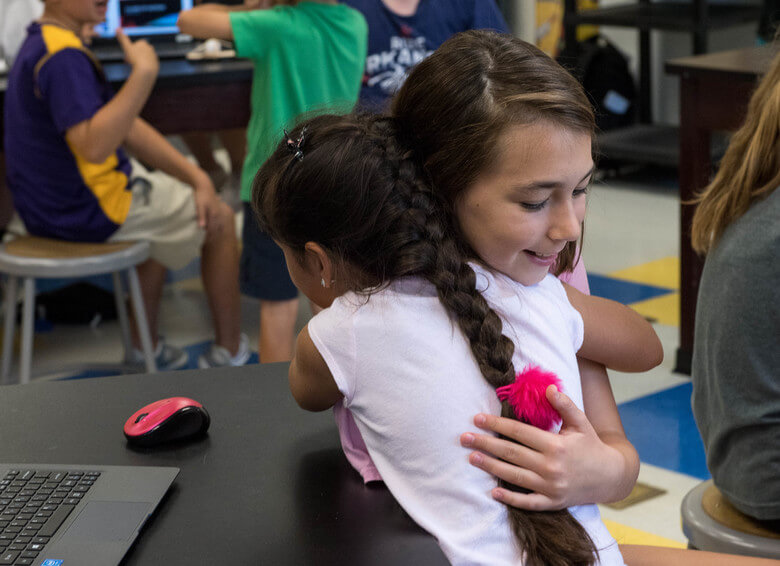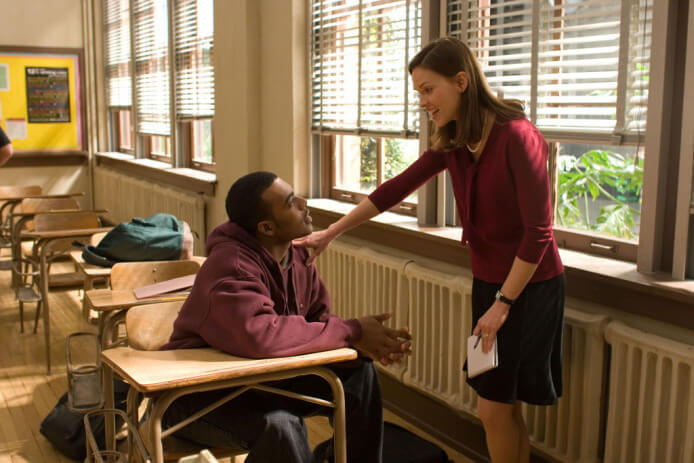Some people go through life and they struggle to find their purpose. What better purpose than to wake up and affect change in the lives of young children? Inner city school teachers serve a much higher purpose than just teaching the basic math and reading.
Take a look at how to find success as an inner city school teacher and to change the lives of young children.
Be Empathetic not Sympathetic

Every teacher said it growing up: use a dictionary. People so often use empathy and sympathy interchangeably when they shouldn’t. A lot of people don’t know the difference—empathy means you can share and understand the feelings of another, while sympathy means you feel sorrow or pity for someone’s misfortune. As you can see: two dissimilar words.
Make sure you empathize with your students and they will respect you. Let them know that you understand their struggles and that you care about what they go through. Do not sympathize with them or just keep those feelings hidden. Some kids will take advantage of that and use that to get out of doing homework or a test or just anything school-related. Then you will be unable to educate them to the best of your ability. Empathy shows that you see what they go through, it helps build that bond and trust with the students. In turn that makes you a better teacher. “I am nervous about learning the balance between these two things [sympathy and empathy]. I have a big heart and I get emotional over things. I’m going to have to work hard at keeping myself composed if I run into students who have tough home lives,” West Chester University junior education major Elise Jackson said.
Get to know your kids

Education takes a specific type of person to really push children to their full potential. You cannot do that unless you build a rapport with the students. Get to know them and what they like and dislike. This will challenge their possible misconceptions that teachers don’t care about them. Learn what they excel at and what they need to improve upon. Use these findings to guide your lesson plans throughout the year. Kids get more engaged and want to learn when the topics interest them. Before you know it, weaknesses turn into strengths and strengths turn into far exceeding expectations.
Understand that to some kids you are more than a teacher

You’ve heard it before: Not all heroes wear capes. You may not think of yourself as a superhero but some of your students look at you as their role model. The stereotypes that often perceive inner city schools like little income, tough home lives and deficient areas sadly come with some truth to them. Kids look to school as a way to escape from everything going on outside of the classroom. For eight hours a day they can forget some of the hardships at home.
Students with these backgrounds need a person to listen to them and believe in them. When students can’t get the positive reinforcement they need at home, as a teacher you act as the next best thing. You take the opportunity to make a difference in the lives of your students and they will forever be grateful for your help. “I have kids who are top 20 percent of their class and don’t think about college. Their parents never take them to see schools so I set up programs in out high school that allows takes kids to universities on field trips to see the campus and get information. I still to this day get thank you cards from kids who graduated 10 years ago thanking me for believing in them and going above and beyond. It warms my heart to know that I meant that much to them,” Reading High School Principal Eric Turman said. Moments like those come every day in inner city schools, your job goes beyond the classroom and regular school hours.
Establish a divide between friend and teacher

Keep things professional, all you ever heard from people at career fairs. Well news flash, the relationships you develop with your students in an inner-city school goes far beyond what some people consider professional. Only your fellow teachers will understand what you consider professional. Students in your classroom may consider you their friend. You may even give your personal phone number out to some of them to call you if they need anything. But remember: don’t forget your first priority. You get paid to educate them on what they need to know to move on to the next grade. This comes first and foremost above all. Keep in mind the difference between personal and professional. “I struggled with this when I first started. Nobody wants to yell at their kids, of course you want them to like you and be friendly. But over time you learn that some kids will take advantage of it, and once you let that happen it makes for a long year,” Reading Elementary teacher Lisa Lesher said.
Gain Students Trust

No trust…no “us.” Yeah, that cheesy saying you heard an S.O. say to you applies as a teacher, too. Trust plays a huge role in kids’ lives, especially if their past experiences left them feeling let down. Your students need to buy into what you tell them. Your job becomes to deliver on what you say. They want to know that you always keep their best interest at heart. They need to know that you believe in them just as much on the bad days as you do on the good days. Gain your students trust and just watch the amazing things you will accomplish with them. You will open so much untapped potential that these kids never even knew they embodied.
Find a Mentor in the school

Another year older and another year wiser (or so they say anyways). This holds true with teachers. Each year you grow a little more and conquer new tasks that you never did before. You learn what to do differently from year to year and gain those new experiences. For a tenured city school teacher, they’ve seen it all in their time. Sometimes you face things you never dealt with before. You could see a curriculum change, a student’s home situation, a learning disability or just anything big or small. No better person to go to than someone who knows the school, knows the kids and has a great rapport with the students. Ask questions and pick their brain. Learn from them because in the end it will just make you a better teacher. It benefits both you and your students.
You are only human and can’t save everyone

Speak up and save a life. Every teacher wants to make a difference in their students’ lives. They want to keep kids on the right track and out of trouble. Unfortunately, students can’t take you home with them. You can only control what goes on in the classroom and once they leave schools things become out of your hands. Students make their own decisions, choose who they hang out with and what activities they wish to partake in. Sadly, kids can fall in with the wrong crowd no matter how good of a student they exemplify. You can’t beat yourself up about it. Not every kid will take the lessons you teach them and practice them at home. Not every kid will listen to your advice to stay out of trouble.
Take a break from class to do something fun

All work and no play makes for angry kiddos (they will let you know their feelings, too). Students work hard all year. They push themselves because you as the teacher bring out the best in them. Kids study for the state standardized test, the quizzes you give them and all the homework you assign night in and night out. Sometimes they just need a break. Maybe take them outside for a field day or cancel class for a day and show a movie. Show students that you appreciate all of their hard work just like they appreciate your efforts in teaching them. It helps to keep their minds from getting to exhausted and lightens the mood to avoid work overload. “I try to give students a fun day to look forward to each month on our classroom calendar. Days like this include going on a field trip, watching a movie (based on the classroom novel of course), or loosely tying in a learning focus to a super fun activity,” Philadelphia Elementary School teacher Yvonne Olson said.



















